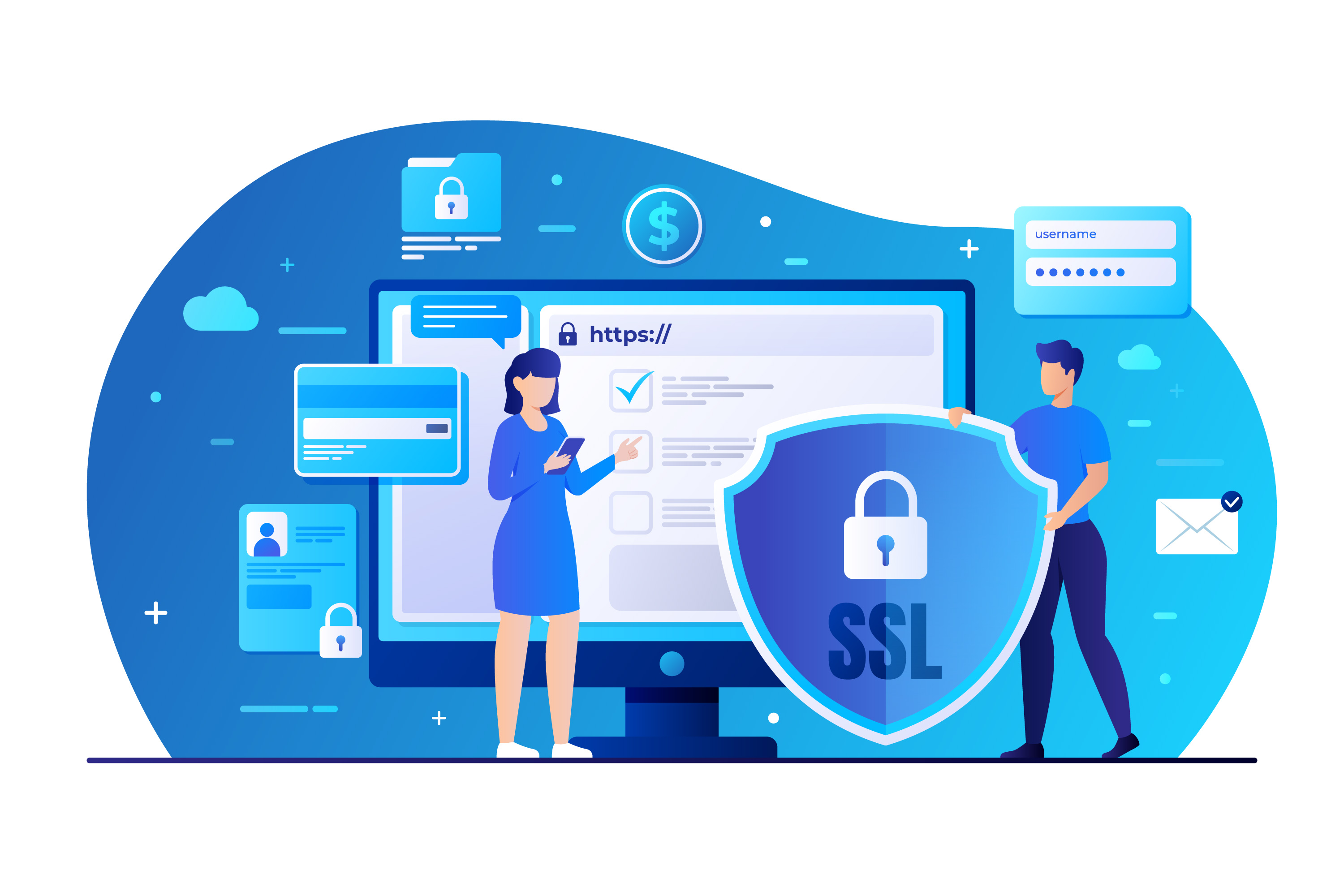
🔐 Welcome to CyberSecure Space
Empowering Digital Safety & Awareness

Empowering Digital Safety & Awareness

Cybersecurity refers to the practice of protecting systems, networks, and programs from digital attacks. These cyberattacks are usually aimed at accessing, changing, or destroying sensitive information, extorting money, or interrupting normal processes.
As we become more connected, cyber threats grow more advanced — making it crucial for everyone, from students to CEOs, to stay alert and protected in the digital world.
Fake emails or websites trick you into revealing personal info like passwords or card numbers.
Malicious software that infects your device — sometimes locking files unless you pay a ransom.
Hackers can intercept your data on open Wi-Fi networks. Always use a VPN when possible.
Tricking people into breaking security practices — often by impersonating someone you trust.
Scammers target students with fake offers to steal identity data or even money. Verify sources!
Mix letters, numbers, and symbols. Avoid using your pet’s name (we see you 🐶).
Two-Factor Authentication adds an extra layer of protection against hackers.
If it smells phishy, it probably is. Stay vigilant, not curious.
Outdated software is vulnerable to attacks.
Use a VPN or wait till you're on a trusted network.
In case of ransomware, having backups can save you from losing important files.
A destructive email worm that caused over $10 billion in damages worldwide.
One of the largest data breaches in history, compromising over 3 billion accounts.
A global ransomware attack affecting hospitals, banks, and businesses across 150 countries.
A ransomware attack that disrupted fuel supplies across the eastern United States.
If you’ve encountered suspicious messages or think you were targeted in a cyberattack, tell us below. Your report helps protect others.
Phishing is a type of cyber attack where attackers impersonate trusted sources to steal sensitive information like passwords or credit card numbers.
Use at least 12 characters with a mix of letters, numbers, and symbols. Avoid using real words or personal info like birthdays.
Public Wi-Fi can be risky. Use a VPN if you must connect, and avoid logging into sensitive accounts while connected.
Not covered above? Submit your cybersecurity concern or question below:
Download our free cybersecurity toolkit and help protect your digital life.
📥 Download Toolkit